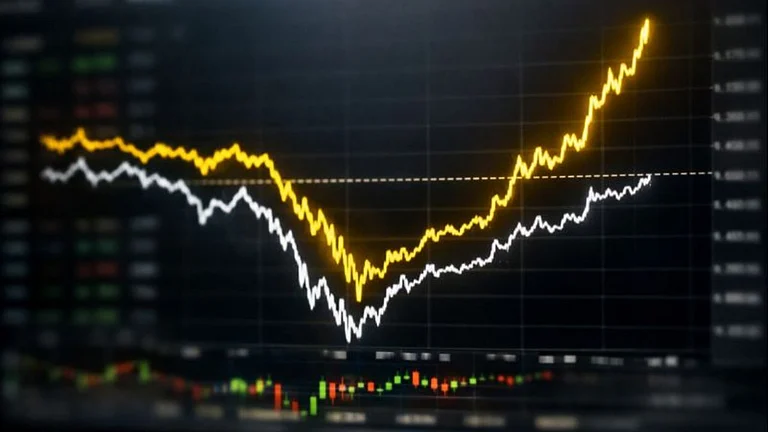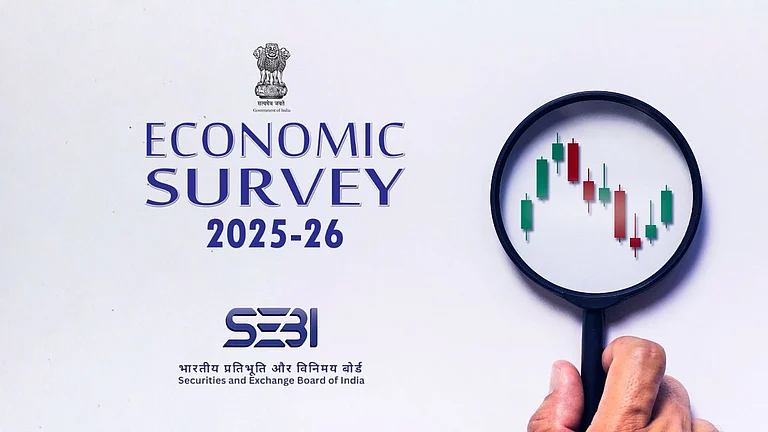
Summary of this article
Viral inter-city silver profits misleading, risks include taxes, costs, legal issues.
True arbitrage needs speed, systems; retail investors usually unprepared.
Safer alternative: invest via regulated silver ETFs and mutual funds.
Silver holds both emotional and investment significance for Indian households. Silver prices in India have been on a downward trend over the past few days, which sparks interest among investors looking for opportunities. According to the Goodreturns website, silver was priced at Rs 1,60,000 per kg on October 22, down from Rs 1,64,000 on October 21 and Rs 1,72,000 on October 20.
Along with the recent price decline, social media has been buzzing with claims of making profits from silver trading, which shows that inter-city price differences could help traders earn money. A viral post by Nalini Unagar, a food content creator on X (previously Twitter), shared a calculation indicating that buying silver in Ahmedabad and selling it in Visakhapatnam might earn roughly Rs 14,000 every trip.
The viral post suggested that buying 1 kg of silver in Ahmedabad at Rs 1,89,000 and selling it in Visakhapatnam at Rs 2,06,000 could yield a gross profit of Rs 17,000. After accounting for a Rs 2,000 train fare and a Rs 510 tax, the post pointed out that taking around three days resulted in a net profit of around Rs 14,490 every trip. It further mentioned that repeating these 3 to 4 times a month could generate total profits of Rs 43,000–Rs 58,000.
Abhishek Kumar, a SEBI RIA and founder of SahajMoney, outlined the fundamental risks of inter-city silver trading schemes and why investors should avoid them.
Why Retail Investors Should Avoid Inter-City Silver Arbitrage
In a LinkedIn post, Abhishek Kumar (SEBI RIA) shared insights after a friend sent him a screenshot highlighting a silver trading calculation that shows potential profits from inter-city trading.
His friend said, "Why should I work? When I can just move metal around?"
Abhishek explained what most people miss in such schemes and why these strategies are risky for retail investors:
He warned that the supposed Rs 14,000 profit from moving silver between cities is misleading. He pointed out that carrying 1 kg of silver across state lines comes with taxes, transaction costs, broker fees, bank charges, and travel expenses. Capital gains tax applies depending on how long the silver is held, and short-term gains are added to your income slab, further reducing potential returns.
Arbitrage is the practice of simultaneously buying an asset in one market and selling it in another to profit from a temporary price difference.
He said, "Inter-city arbitrage isn't a loophole, it's bait. Arbitrage only works when you're faster than everyone else. And guess what? You're not." He added that professionals with algorithms, direct exchange access, and VAT registrations close these opportunities in seconds. By the time an ordinary investor books a ticket, the price spread is usually gone, and the supposed Rs 17,000 gain could vanish within six hours.
Abhishek also warned that inter-city silver trading carries serious legal risks. Moving silver across states without the required documentation can result in VAT penalties and other legal consequences. SEBI regulates commodity trading, and the Banking Regulations Act restricts banks from trading in commodity derivatives. What seems like a side hustle could be considered gambling by the law.
Even if the numbers appear attractive, the financial risks are significant. Silver prices can swing sharply, and factors like sudden price drops or supply shortages can hurt unhedged investors.















